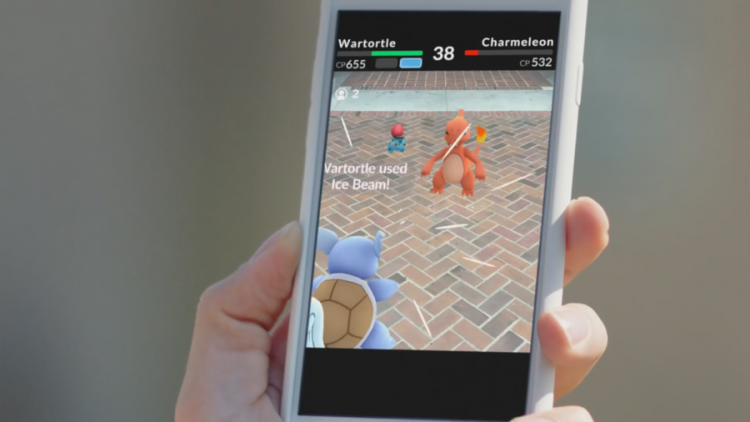‘Pokemon Go’ And Nintendo Faces Class-Action Lawsuit From Detroit Couple

A couple living in Detroit, Mich. Reportedly sued the newly released augmented reality mobile game "Pokemon Go" from Niantic Labs, owing to the game's massive popularity and mechanics that end up drawing crowds of people near their home.
The Detroit Free Press reported that Scott and Jayme Dodich of St. Clair Shores is suing video gaming giant Nintendo due to "Pokemon Go" causing hordes of prospective pokemon trainers hanging out in or around their property.
The crowds of people visiting near the Dodich's home is due to the nearby Wahby Park being designated as a location of interest in the augmented reality setting of "Pokemon Go." This is because the game uses real life maps and places to simulate a world in the famous "Pokemon" series, with special areas being designated as either "Pokestops" or "Pokemon Gyms" which almost always end up being hotspots for players to hang around in.
Wahby Park is one such place designated in the game as a pokemon gym, in addition to also having a number of Pokestops, that attract hundreds of players regularly. For the Dodiches and their usually sleepy location, the sudden surge of visitors is severely alarming.
Due to worries that the crowds of people that suddenly formed around their home might oen day cause them trouble, the Dodiches have filed a class action lawsuit in California against the owners and creators of "Pokemon Go." "Nobody gets sleep anymore," the Dodiches' lawsuit states. "How is this acceptable? ... They hang out on our lawns, trample landscaping, look in vehicles ... We don't feel safe ... I don't feel safe sitting on our porch."
The specific entities named as defendants in the lawsuit are Ninantic Labs, the third-party studio based in San Francisco that developed and published "Pokemon Go;" the Pokemon Company, which owns and creates the main entries in the "Pokemon" franchise; and Nintendo, the Tokyo video gaming giant that owns 32% of the Pokemon Company.
The lawsuit aims to change the deeper mechanics of how the game handles its in-game locations with regards to real life ones, as it hopes to have the developers change the game such that it can no longer designate a GPS coordinate set in private property as a hotspot without the owner's permission.
Furthermore, the lawsuit includes the demand that the producers of the game share a cut of its profits to the owners of the locations that end up being used a lot by players. The lawsuit states that, as of July 23, "Pokemon Go" has raked in more than $35 million after more than 30 million downloads, though other reports indicate that the profit numbers are actually closer to $200 million.



